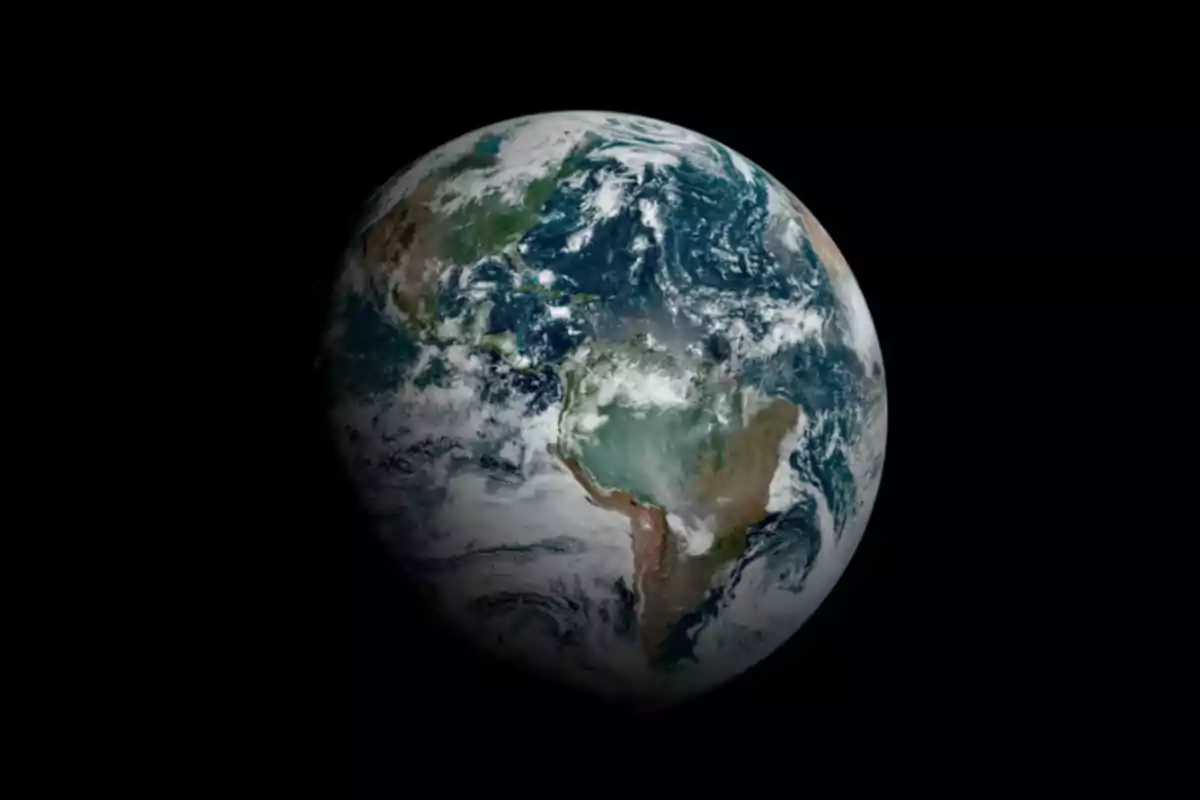
Time is speeding up: the shortest day in the planet's history is approaching
NASA researchers have detected that Earth's rotation is accelerating due to lunar and climatic factors
A new astronomical milestone is about to occur: Earth is preparing to record the shortest day since measurements began. According to researchers from the NASA, between July 22 and August 5, 2025 days could be recorded that last fractions of a second less than the traditional 24 hours.
Although the change is imperceptible in daily life, atomic clocks and satellite systems detect it with surgical precision. According to astrophysicist Graham Jones, these days would last between 1.30 and 1.50 milliseconds less than usual, a difference comparable to the time it takes for a quick blink (about 100 milliseconds).
This phenomenon is not new, but it has intensified in recent years. In fact, the previous record was on July 5, 2024, when the planet rotated 1.66 milliseconds faster. Before 2020, the shortest record had been just 1.05 milliseconds less.
What accelerates Earth's rotation?
Behind this tiny adjustment in the length of the day lies a millennia-old cosmic dance. The lunar orbit is not only elliptical, but also tilted between 18° and 28° relative to Earth's equator. When the Moon moves away from this equatorial line, as will happen on July 22 and August 5, its gravitational influence decreases and allows Earth to rotate faster.

To this is added a more recent phenomenon: the melting of glaciers. Studies funded by NASA confirmed that since the year 2000 Earth's axis of rotation has shifted about 9 meters (29.5 feet) due to climate change. This change, along with atmospheric expansion and rising ocean levels, subtly affects rotation.
Physicist David Gozzard, a time measurement expert, explained that "the Moon sometimes acts like a handbrake," generating tides that slow down rotation. However, when its position changes, that brake is released and the speed increases.
The history of time: from 10 to 24 hours
Although today we assume that the day lasts 24 hours (86,400 seconds), this number has changed radically over the centuries. 4.5 billion years ago, when the Moon formed, Earth rotated in less than 10 hours.
A 2023 study published in Science Advances indicated that between 2,000 and 600 million years ago, days lasted around 19.5 hours. It was the Moon's gravitational pull that, over eons, gradually lengthened the time.
Currently, global warming could also influence this dynamic. Research suggests that if current trends continue, the length of days could increase by about 2.62 milliseconds by the end of the century.
More posts: